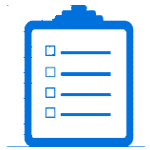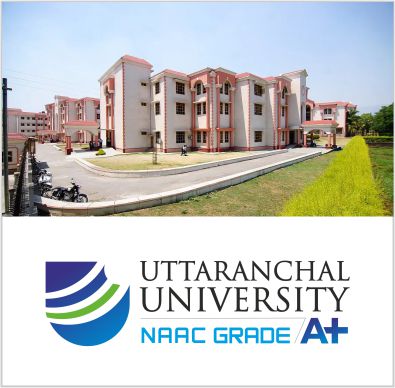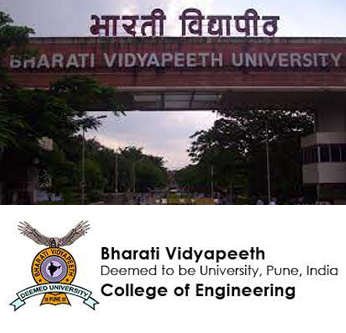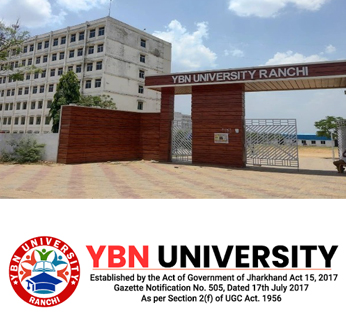Degree – Board Exam
Full Form – 10th & 12th
Duration – 10th 1 Years & 12th 2 Years
Eligibility – For 10th 9 Class & 12th 10th Class

A title
Image Box text
BOARD : BOSSE – 10TH & 12TH
The curriculum for 10th and 12th grades can vary depending on the educational board or system in place. However, in many countries, including India and the United States, the curriculum generally includes a mix of core subjects such as mathematics, science, language arts (which may include literature and composition), social studies (which may include history, geography, civics, etc.), and often optional subjects or electives such as computer science, foreign languages, arts, or vocational courses.
For example, in India, the Central Board of Secondary Education (CBSE) and various state boards prescribe the curriculum for 10th and 12th grades. The CBSE curriculum typically includes subjects like Mathematics, Science, Social Science, English, and a second language, along with optional subjects depending on the student’s choice and school offerings.
Similarly, in the United States, high school curricula can vary from state to state and even from district to district, but they generally adhere to similar core subjects. Common elective options may include advanced placement (AP) courses, career and technical education (CTE) courses, or fine arts courses.
These curricula are designed to provide students with a well-rounded education and prepare them for further studies or entry into the workforce after graduation.
Studying the 10th and 12th-grade courses serves several important purposes:
-
Foundational Knowledge: These courses provide students with a foundational understanding of various subjects, including mathematics, science, language arts, and social studies. This knowledge forms the basis for further education and lifelong learning.
-
Preparation for Higher Education: Completing these courses is often a prerequisite for admission to colleges, universities, or vocational programs. They equip students with the academic skills and qualifications needed to pursue higher education in their chosen field.
-
Career Preparation: Even for students who don’t plan to pursue higher education immediately after high school, completing these courses can provide essential skills and knowledge relevant to many careers. For example, proficiency in mathematics and science is valuable in fields like engineering and healthcare, while strong communication skills are essential in virtually every profession.
-
Personal Development: High school education isn’t just about academics; it’s also about personal growth and development. Students learn important life skills such as time management, critical thinking, problem-solving, and communication through their coursework and extracurricular activities.
-
Credentialing: In many countries, earning a high school diploma or its equivalent (such as passing the 10th and 12th-grade exams) is a formal recognition of a student’s educational achievement. This credential can open doors to various opportunities, including employment and further education.
Overall, studying the 10th and 12th-grade courses is essential for academic, personal, and professional growth, providing students with the knowledge, skills, and qualifications they need to succeed in today’s world.
Key Highlights of BOSSE – 10TH & 12TH Course

Flexible Learning Mode:
BOSSE – 10TH & 12TH Course gives students choices in how they learn. They can pick different study times, like online classes, weekends, or part-time sessions, to fit their studies around their other commitments.

Updated Course Curriculum:
Curriculum stays current with what’s happening in industries today. It’s regularly updated so that students learn things that are relevant and useful in real life.

Write the exam in your chosen language:

Doubt clearing session:
Your One Stop Solutions

Fill The Basic Details
Get one step closer to your dream career with the right course.

Select Your Course
Help us know you better with basic information & few questions.

Explore Your Option
Don't limit yourself, explore top universities with our specially designed list

Compare & Get The Best
Compare top universities on different aspects like Student rating, Govt Approvals.
Admission Process
(How to Apply?)

Submit Form
Fill in and submit your application form online.

Expert’s Counseling
You will receive a call from our expert counselor

Choose University
Select the course & university according to your interest

Online Payment
You need to make a smooth online fee submission

Admission Confirmation
You will get an admission confirmation on your Email
Let's Clear up some doubts ?
Technical requirements may vary depending on the course and learning platform, but typically include a reliable internet connection, a computer or mobile device, and compatible software or web browsers. Specific requirements will be outlined in the course description or syllabus.
Yes, one of the advantages of online courses is that course materials are often accessible 24/7, allowing students to study at their own pace and convenience.
Online courses typically offer communication tools such as discussion forums, email, messaging systems, and live chat sessions where students can interact with instructors and peers. Instructions for accessing these communication channels will be provided within the course platform.
Yes, online courses typically have deadlines for submitting assignments, participating in discussions, and completing exams or quizzes. It's important to review the course syllabus or schedule to stay informed about important dates and deadlines.
It depends on the course and the institution offering it. Some online courses offer certificates of completion or professional development credits, while others may be eligible for transfer credit at colleges or universities. Check with the course provider or your academic institution for details on credit options.
Most online course platforms offer technical support services to help students troubleshoot issues with accessing course materials, navigating the platform, or using specific features. Look for contact information or help resources within the course platform for assistance.













